#BatteryProduction
Report: Chinese Export Rule Changes Could Impact EV Battery Production
China has reportedly decided to place restrictions on exports of graphite, which could spell trouble for American EV manufacturers. Starting this month, the Chinese government requires permits for certain graphite products being exported. This includes synthetic and natural graphite meeting the necessary thresholds to be used on electric vehicle batteries.
Volkswagen’s First North American Battery Plant Will Be Canadian
Following news that Volkswagen was far more enthusiastic about establishing battery plants in North America than in Europe, we have confirmation on the location of the automaker’s next cell manufacturing facility. It will be located in St. Thomas, Ontario. Despite scattered assumptions that VW’s recent praise of the Biden administration’s EV incentive scheme would signal another factory based in the United States, setting up shop in Ontario should still satisfy regional supply chain needs to manufacture electric cars under the provisions outlined in the USMCA.
EVs Are Becoming More Expensive, Not Less
A few years ago, the industry narrative was that all-electric vehicles would reach financial parity with their combustion-driven counterparts in 2025. The assumption was that this would gradually occur by way of ramping up battery production and leveraging economies of scale. However, reality had a different take, as the world is now confronting record-setting prices across the board. Manufacturer and dealer hikes have resulted in the average invoice of EVs rising to $54,000 — roughly 10 grand higher than the typical transaction price of gasoline-powered vehicles, according to J.D. Power.
With economic pressures spiking the value of all automobiles, hardly anything is leaving the lot for less than it could have been had for in 2020. But the increases seen on all-electric models are actually outpacing the models we’ve been told they’re supposed to replace.
Report: Biden to Use Wartime Powers to Boost EV Battery Production
U.S. President Joe Biden is said to be considering utilizing wartime powers to spur domestic electric vehicle battery production. The administration reportedly wants to add the necessary raw materials to the Defense Production Act (DPA) penned at the start of the Korean War in 1950.
Originally designed to give the federal government more control of the U.S. economy (especially in regard to raw materials) throughout the Cold War, the law has also been leveraged by the Department of Defense to advance new technologies starting in the 1980s. In 2011, Barack Obama invoked the act to force telecommunications companies to provide detailed information to the Commerce Department’s Bureau of Industry and Security. Donald Trump would later invoke the DPA to identify an array of products deemed critical to national security as the trade war with China heated up, and then again to spearhead domestic production of materials and goods pertaining to the COVID-19 pandemic.
Toyota, Stellantis Announce North American Battery Plants
Automakers Toyota and Stellantis separately announced plans to construct lithium-ion battery plants in North America on Monday. With regulatory pressures mounting, the industry has been shifting its eggs between baskets to avoid trouble. But the ultimate goal for most brands is to transition toward selling EVs, requiring meaningful action and financial expenditures on the part of manufacturers.
We’ve already seen General Motors and Ford Motor Co. squabbling over who will nestle the biggest battery facilities between America’s Frost and Sun Belts. It’s only fitting that the remnants of the Chrysler Corporation contained in Stellantis walk the path of electrification, especially now that it’s absolutely riddled with European influence. Meanwhile, Toyota is predictably exercising a bit of caution as it similarly navigates how to modernize itself via upcoming lithium-ion plants.
Emerald-Colored Glasses: Just How Green Are EVs?
As the resident sourpuss, I make it my business to complain about every industrial hypocrisy that crosses my path and the automotive sector has kept me so busy that there’s hardly any time left to address my own failings. Though I do have to confess that I sometimes feel guilty about how frequently I’m compelled to gripe about electric vehicles. Provided that you’re willing to work with their charging limitations and less-than-impressive ranges, EVs have a lot to offer even in their current state. But the way they’ve been marketed has been so consistently disingenuous that I often end my days on the cusp of a frustration-induced aneurysm.
The winds appear to be changing, however.
After years of watching the industry bang its head against the wall, the media seems prepared to shift its position. Accelerated adoption of pure electrics doesn’t seem to be happening and too many EV startups have ended up being little more than an opportunity for investors to throw away money. Increasingly fewer people ask me about battery-powered cars in a way that suggests true enthusiasm. Excitement has given way to dubiousness as more people have begun to ponder if electrics are really all they’re cracked up to be.
South Korean Battery Firms Reach Settlement, Georgia Factory Approved
It looks like the White House won’t be needing to take any action in response to the International Trade Commission’s decision on how to handle the feud between South Korea’s LG Chem and SK Innovation. The duo has reached a settlement that would allow the former battery manufacturer to complete assembly on its $2.6-billion plant located in Georgia.
LG alleged that SK had stolen intellectual property and the ITC was backing punitive measures that would have forbade the latter company from importing certain lithium-ion batteries into the United States under a 10-year exclusion order. While exemptions were made for the components necessary to manufacturer them in the country, the arrangement was tied to SK’s existing orders and limited to just 4 years. The settlement gives SK additional leeway and prevents Joe Biden from having to consider the possibility of blocking the ITC decision as a way of maintaining American jobs.
Indonesia Receives Mining Proposal From Tesla
Indonesia has reportedly received an investment proposal from Tesla Inc. requesting access to its nickel reserves. Once the largest producer of nickel in the entire world, Indonesia’s government started enacting regulations on the exportation of specific mineral ores in an effort to boost the local smelting industry and set up a more robust supply chain focused on lithium batteries.
This resulted in a huge price surge in 2019, as the nation began running mining opportunities under the noses of various industries that would be interested in the raw materials necessary for battery production.
Tesla Looks to German Acquisition to Increase Battery Production Capabilities
Tesla continues their aggressive plans for dominance in the EV market. As we reported last week, the company has ambitious plans to enter the Indian market next year. While that market will certainly require a cheaper model than what the company sells now, Tesla’s on it. The brand intends to drive toward EV adoption with better, longer-lasting batteries and less expensive models.
And on Friday, word leaked of a deal over in Germany that’s an important part of Tesla’s expansion plan.
German Automakers Look to South America for Keystone Lithium Supply
With Europe increasingly fixated on regulating vehicular emissions, German automakers are throwing themselves into electrification like ’90s moms did with Beanie Babies. As with those moms, the investment has yet to pay off. Still, that hasn’t encouraged anyone to change course. Every player understood from the outset that transitioning to EVs was bound to be costly and, with increasingly stringent regulations proposed every month, there aren’t many alternatives.
Volkswagen placed its very existence on electrification after Dieselgate, quickly running into problems with battery suppliers. And while VW claims it’s solved the issue for the next few years, it isn’t out of the woods yet. VW and Daimler have reportedly commissioned a study into sustainable lithium mining in Chile, but it’s already receiving pushback from environmental groups concerned about the delicate nature of the region’s Atacama salt flat — where the metal is found in abundance.
Suppliers Have More Lithium Than EV Manufacturers Currently Need
The lithium industry — essential for the production of battery electric vehicles — has run into a problem. It’s currently amassing more of the metal than it needs. Despite automakers like Tesla suggesting there will be upcoming global shortages of metals like copper, nickel, and lithium, the only element that battery suppliers appear to be truly desperate for is cobalt, which is largely the fault of where and how it’s mined ( the Congo, often by children).
Demand for the brittle, bluish metal skyrocketed this year, but not lithium. The latter metal’s global supply currently exceeds demand by about 5 percent, according to data from Canaccord Genuity.
Europe Wants to Compete With China's Battery Production, Eventually
Wary that China might have the battery market totally cornered by the time electric vehicles become mainstream, the European Union is trying to jumpstart the industry at home. This year, the EU has started working with manufacturers and financial institutions to develop a reliable supply chain of the lithium-ion packs that have been difficult to come by.
European Commission Vice President Maros Sefcovic is targeting 100 billion euros ($113 billion) for the program, which Bloomberg said would help the EU “act like China.”
Betting On Green: Poland Plans to Open Largest Battery Factory in Europe
South Korea’s LG Chem is planning to open the largest lithium-ion battery factory in Europe to aide the continent’s automotive industry as it prepares its much-hyped shift toward EV production. According to LG, construction of the battery plant — located in Wrocław, Poland — is set to begin immediately and batteries should be ready for slotting into vehicles before the end of next year.
In a an announcement, the company said the plant would have a production capacity of 100,000 batteries per year for EVs that can run up to 199 miles once charged. Previous estimates were more conservative but, with German automakers promising widespread electrification, LG saw no reason for half measures.
“We will turn the Poland EV battery plant into a mecca of battery production for electric vehicles around the world,” said company president UB Lee. “As LG Chem’s Poland EV battery plant is the first large-scale automotive lithium battery production plant in Europe, it will play the role of vitalizing the electric vehicle industry across the whole of Europe. We will put all our efforts into making the plant into a main production hub for EV batteries.”
Take It or Leaf It: Nissan is Selling Its Battery Building Business to the Chinese
Earlier this month, Nissan announced it was in the final stages of sealing a deal to sell its entire EV battery business to Chinese investment firm GSR Capital. The sale includes battery plants in Tennessee, England, and Japan, with a preamble where the Japanese automaker has to buy up minority shares of Automotive Energy Supply Corp. from NEC Corp.
From there, it can sell off the business to GSR for a cool $1 billion — which isn’t a bad deal for the Chinese company. Nissan used around $1.4 billion in government funds building its U.S. factory in 2010, and the remaining plants weren’t exactly cheap to build. So why is Nissan selling them off?
For starters, the Leaf hasn’t been the sales leader the manufacturer hoped for. Even though global deliveries surpassed the 250,000-unit milestone in December 2016, Leaf sales don’t go beyond 50,000 units annually. By electric vehicle metrics, that’s still a win. However, the Tennessee factory is capable of producing 200,000 complete EV battery packs a year — well beyond the company’s current needs.
Credit Suisse Picks Tesla As One Of Its Favorites For 2015
Looking for new stock to add to your portfolio in 2015? Credit Suisse has one for your consideration: Tesla.



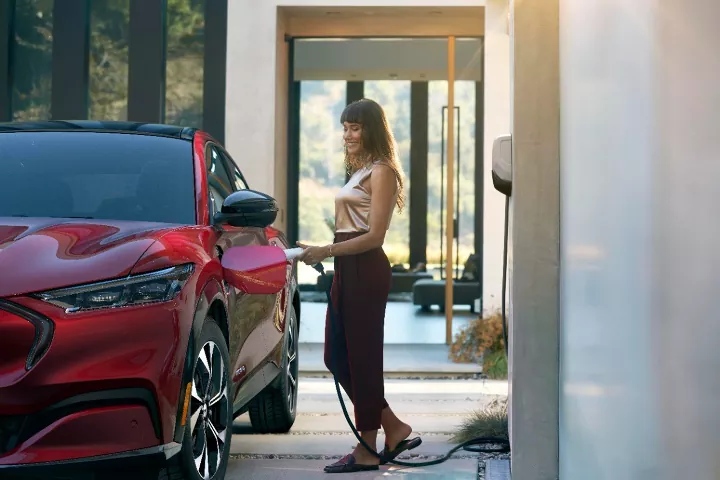
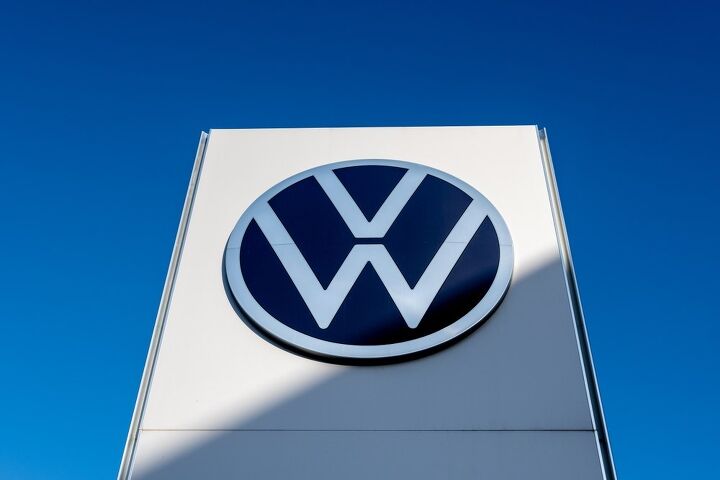

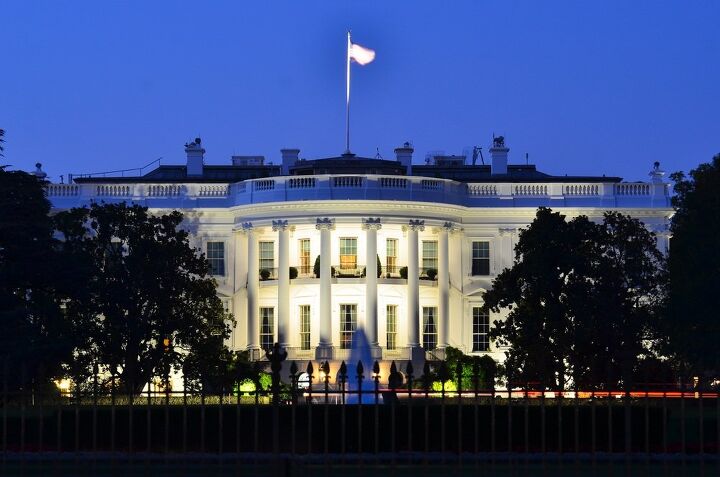
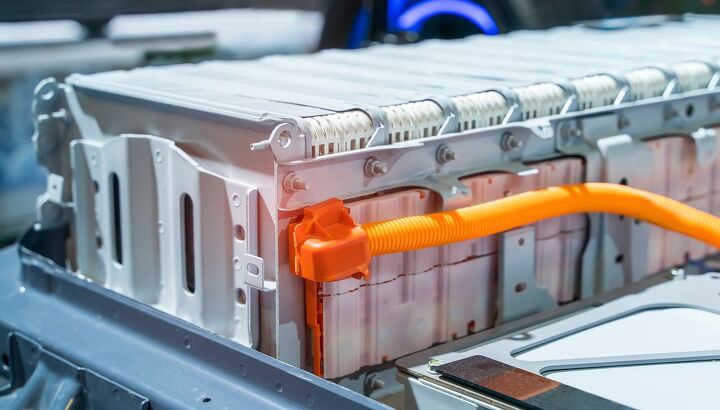

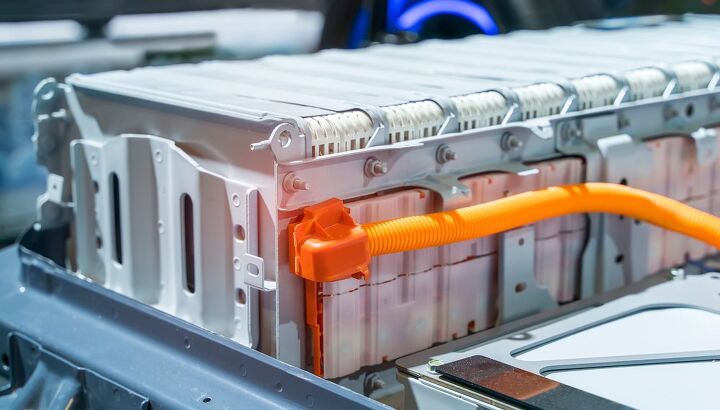
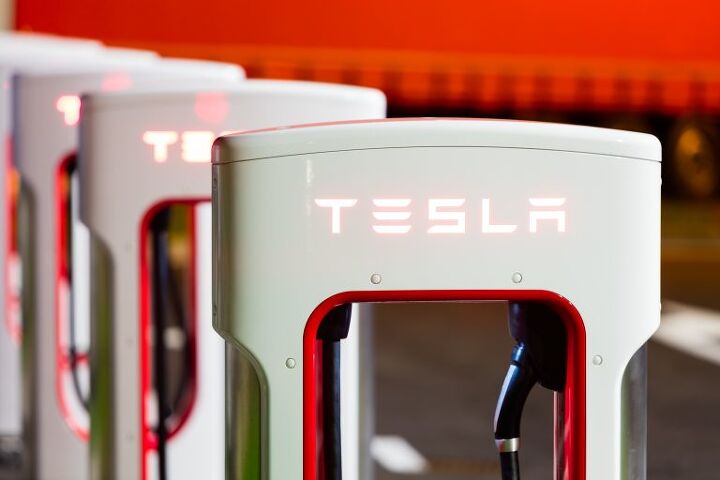



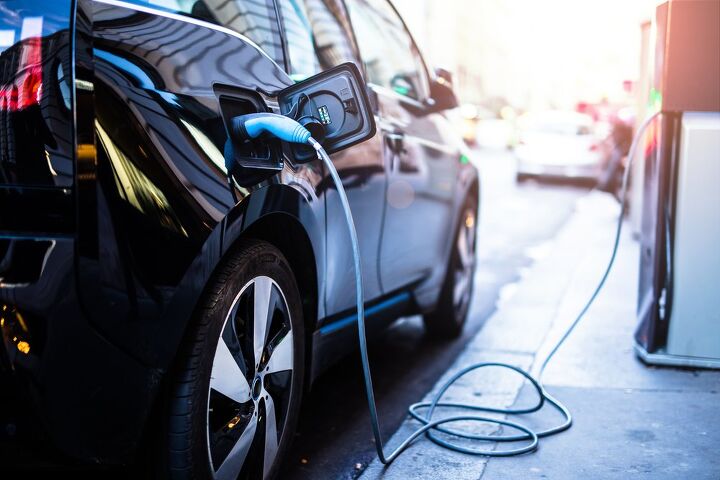

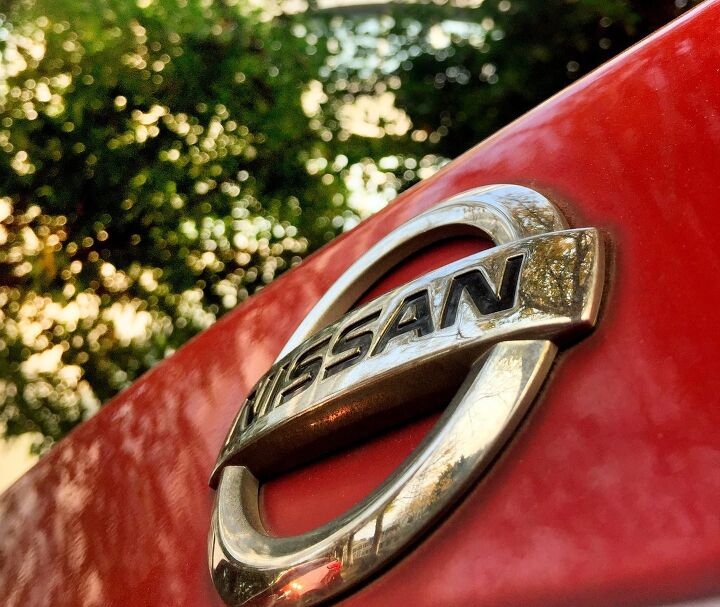













Recent Comments